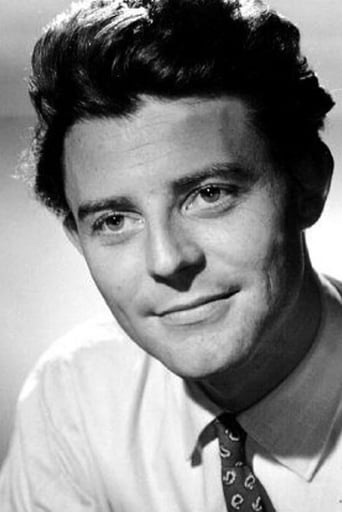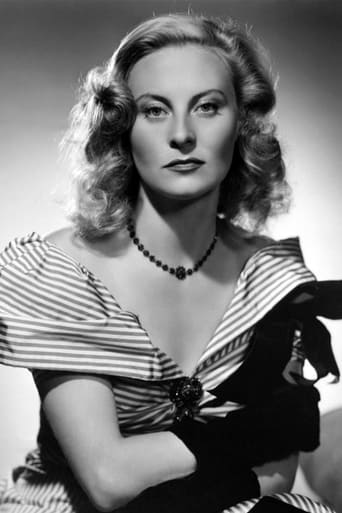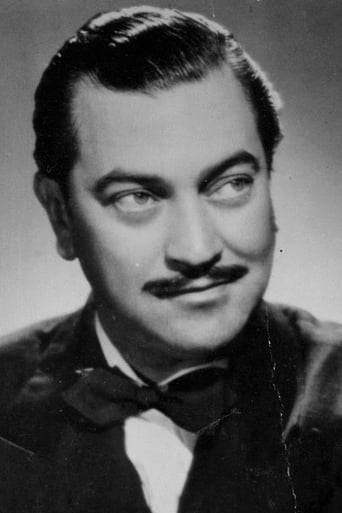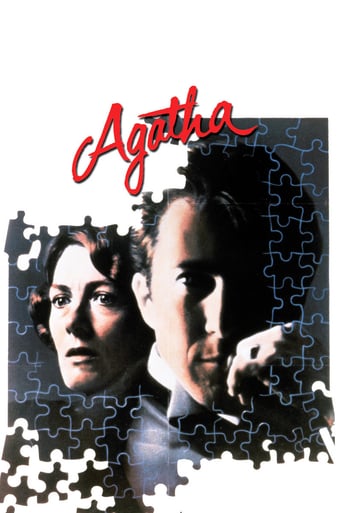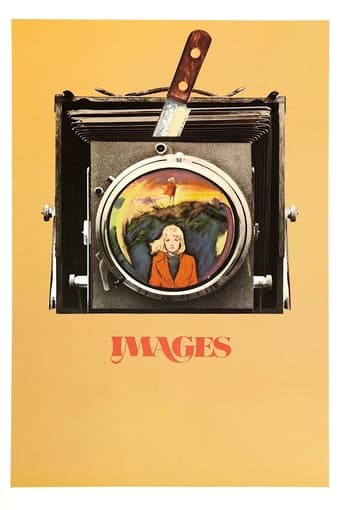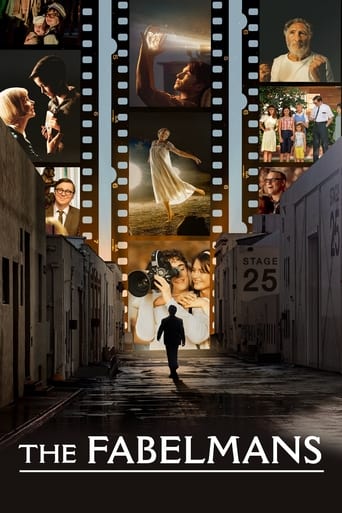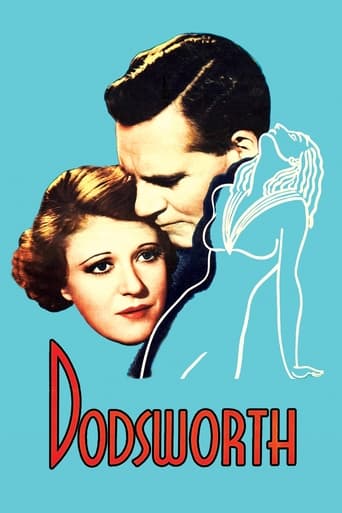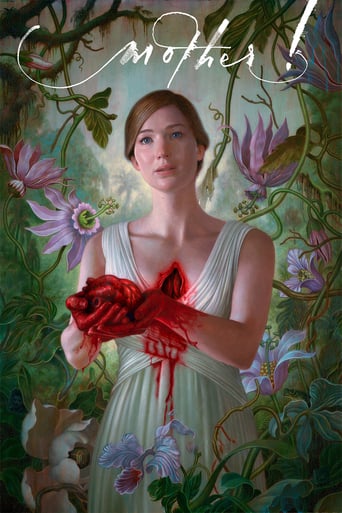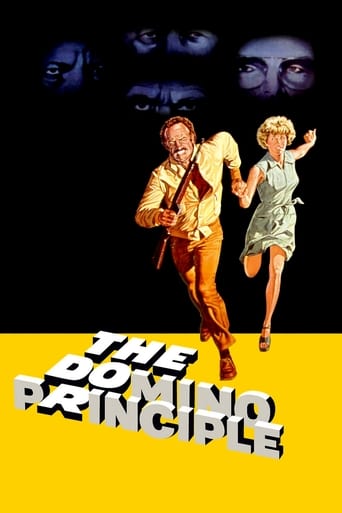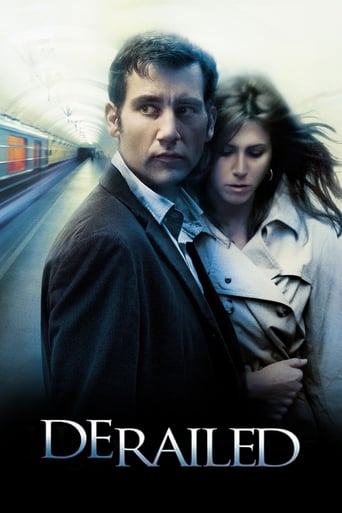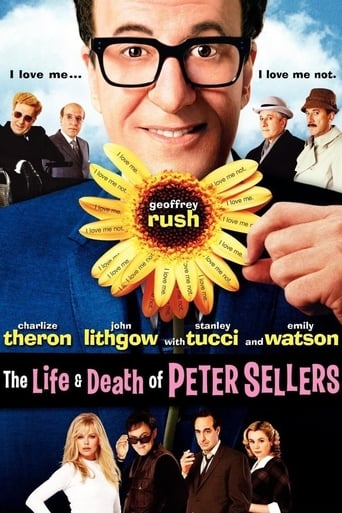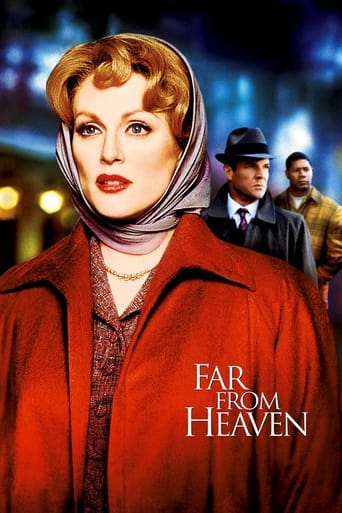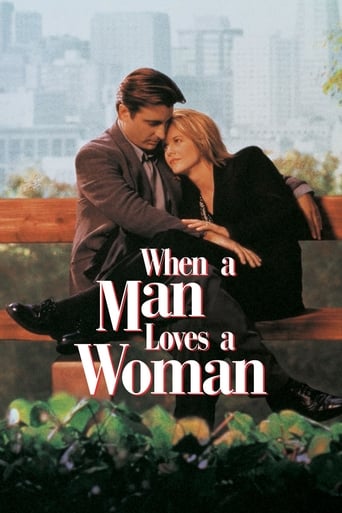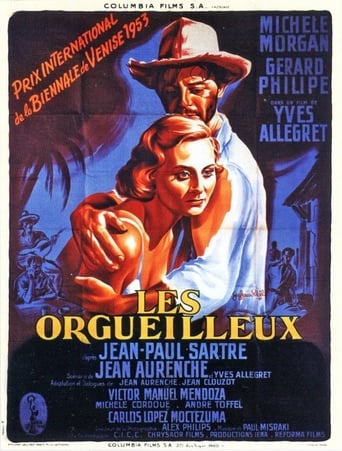
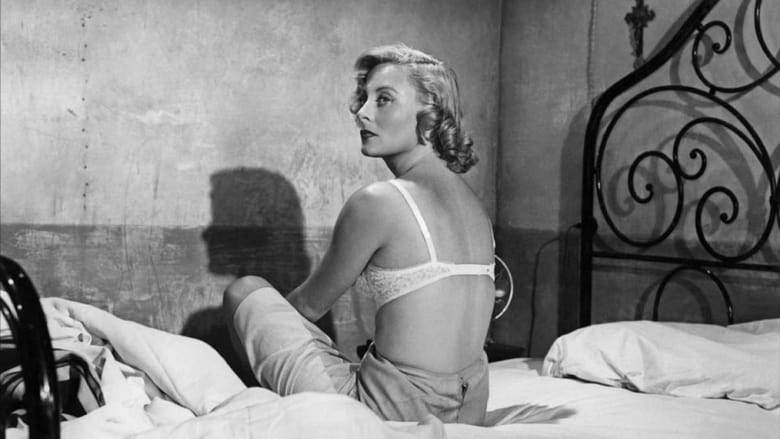
The Proud and the Beautiful (1953)
The first to die in an epidemic of meningitis in Vera Cruz is a French tourist. His wife Nellie, detached and indifferent, feels little grief and realizes that her coldness is her own doom. Over the next two days, she is attracted to George, a local drunk who does odd jobs for brothels and dances grotesquely for tourists in exchange for drinks. George has his own dark secret, a tragedy he caused that leaves him with a death wish. In assisting the local doctor to cope with the epidemic, these two emotional cripples enable each other to rediscover reasons to live and to love.
Watch Trailer
Cast


Similar titles
Reviews
Very very predictable, including the post credit scene !!!
hyped garbage
It is neither dumb nor smart enough to be fun, and spends way too much time with its boring human characters.
Watching it is like watching the spectacle of a class clown at their best: you laugh at their jokes, instigate their defiance, and "ooooh" when they get in trouble.
I would like to underline here the symbolical place and representative function of this good compact movie. This is how a clear-cut good movie looks. It is a melodramaand no crap, no ballast, no rubbish. Above all, intelligent, good moviethe obvious touch of a master. In other words, this is what has been lost. This ability, this craftsmanshipvery undervalued and despised and underrated. Far from being a masterpiece, this romance is a good moviewhat I found particularly satisfying, fulfilling, is the absence of the slapdash, of the mess ;fortunately, in its own time Les Orgueilleux did not pass unnoticed. Leprohon saw its merits.It is a good and important movieand also a representative of a schoolit was called the French School. Those who despised this style of movie-making, of fine movie-making, often had nothing to bring instead. A director like Yves Allégret addressed his films to an intelligent cultivated audience.Before we go on with the explanation of this very fine and achieved melodrama's importance, let us try to see what is the constitutive structure of a melodrama. Of a serious and intelligent one, that is. Of a melodrama that does set itself up for something. The first thing we see, dear reader, is the synthetic and somewhat symbolic (the word is not wholly adequate, and it must be taken under caution) language and content of a melodrama. In this film that we are discussing now one can immediately detect this adequacy of the meansthe narrative units, the characters, the psychologies, the mutual relations, the ways, the transitions, are to be taken as merely symbolic (that is, having an immediate aesthetic interest in themselves, and concomitantly standing for a larger meaning that is given in their concrete structure) and synthetic. On the other hand, notice how decently is this made, and how the Mexican characters speaking Spanish are not made to do this by speaking French with a Spanish accent. It might be, this phonetic accuracy, only a modest indicationthough, it says much about this movie, and this old French School director, having the right approach and the right understanding and the right respect for the audience.I believe the symbolical, the reflective ,the synthetic and the generic are the only chance of this sort of literature (or cinema)the non-autobiographical one.All such literature or cinema must choose a synthetic, generic and non-realistic expositionthe choice of the realism for the depicting of the supreme things, such as love and passion, fits only an autobiographic content. In other words, one cannot invent a realistic content for such a fictionhe either speaks strictly about what he has seen and met and lived, or he uses a symbolic, synthetic, compact and non-realistic approachas is the case with this film. It cures the mind of the stupidity with which today's melodramas imbue the mind of their viewers. This curative function is also important.Les Orgueilleux means several things, on many levelsit means what its author intended it to mean;--but it also means the French School in the '50s, right before the scene was taken over almost completely by puck-fists and crumbs who knew only to pot out, 'potchky around and mess uppothooks. And it means the level of excellence in simply making a good movie that was reached by these French School old honest directors. Their detractors reproached them they did not make masterpieces (but they often did !), and suggested that once the French School dismissed, a New Wave will come that will constantly produce only masterpieces.Les Orgueilleux is good, simple, clear and dramatic. It is psychological, thrilling and melodramatic. It means much as the witness of an epoch of normality and competence. This narrative and aesthetic competence is something fine and deeply satisfying. The story is simple and averagebut it is perfectly mastered and managed, very finely developed, very carefully thought. The several characters are well managed. Philippe makes one of his first-hand roles (I do not know very well his career; anyway, here is his best role that I know, and notable also for being an achieved drunkard role, an usually picturesque specialty that Philippe treats in a different and very competent way.) Like all the very great actors, Philippe makes the viewers think he was the only, and anyway the best choice for the role. So someone might ask: if I praise the movie like this, why don't I declare it a masterpiece? Because it is notand, more important, it doesn't pretend it is. It is, deliberately and with supreme mastery and equilibrium, a fine melodrama. If it proves something, it's that a fine melodrama can be rich, impressive and compactthis is its achievement, from a historical point of view.The French School directors were clear-sighted, clear-minded ,not at all muddled, maybe somewhat limited but certainly with a compact knowledge of the technical possibilities of their art; moreover, they did not have the cult of the geniality or, better, the superstition . Those who replaced the old directors brought sprawl. Someone wrote, very true, that today's melodramas are "patronisingly simplistic, sentimental and tiresome".Indeed.Well,Les Orgueilleux proves there was a time when they didn't have to be so.If you wish, make this test: ask yourself how many recent melodramas seem, next to Les Orgueilleux, anything but crap. I think I could offer several titles of American melodramas from the '50s that are almost as good as Les Orgueilleux, and you may compare the recent melodramas with these '50s American flicks, and the recent ones are still crapand crap out of crap.
I saw this movie when it first came out, have not seen it since, but have remembered it vividly all these years. Seldom, if ever, has a film held me riveted the way this one did. Of course, I would have paid to see Michele Morgan read the Manhattan phone book, especially attired in a slip (no, I am not a lezzie). The mood created by the meningitis epidemic in Mexico and the sexual tension, created mostly by Morgan, are more enveloping than real life. This remains one of my top 10 - perhaps top 5 - favorite movies of all time. For the life of me, I cannot understand why there is neither a VHS nor a DVD version available, apparently anywhere. What can be done to rectify this situation? For years, I moaned about the lack of a DVD of The Informer. Now, one is available but only as part of the overpriced John Ford collection of some of his lesser films.Jen
Allegret reached his peak in 1947-1949 with "Dédée d' Anvers" "une si jolie petite plage" and "manèges".Afterwards,his works became either disastrous ("la jeune folle" ) or academic (Zola's "Germinal")."Les orgueilleux" is a notable exception.Gerard Philippe's over the top portrayal of an always drunk deposed doctor is impressive.Michèle Morgan has never been so sensual.But what matters is the sultry moist atmosphere.Michèle Morgan is sweating throughout the whole movie.Very few things happen after Morgan's husband's death,but the depiction of a Mexican one-horse town during the Holy week is awesome.One could draw a parallel(almost bunuelian) between the Passion and Morgan's sentimental life:death on Good Friday of what she thought was the love of her life;resurrection on Easter day on the beach when she realizes she's found true love.Yves Allégret was extraordinary when it came to making you FEEL what his characters endure:so strong the pictures are that we're hot,we sweat as much as them.He did the same in "une jolie petite plage" where the rain never stopped falling.Maybe he learned his lesson from Victor Sjostrom(Seastrom) who could make us feel" the wind" ,and in a silent movie at that.
One of the greatest films I've ever seen, this movie took me completely by surprise, considering I'd never heard of it, and the videotape cover was very cheesy. Set in a small Mexican town, the main character is a drunk who is so intoxicated throughout the movie he can hardly walk. A plague of cerebral-spinal meningitis hits the town. This film has a startlingly raw edge to it, like nothing else I've seen from the 50s, but more like a Midnight Cowboy kind of down-and-out unflinching view of human situations. One of the first images is of the drunk carrying a pig's head through the streets of town. He delivers it to a whorehouse. The prostitute offers to pay him with sex, but he chooses to be paid in tequila. There's another scene of him cleaning up vomit, and a scene where the local doctor, the drunk, and a woman tourist take turns inoculating each other in the spine with a huge needle. This is not to say that the film is shocking or gross, but simply human and realistic. The photography is utterly pure and perfect. Nearly every composition is dynamic, with a strong perspective, background and foreground in play, half the shots have some kind of movement, dolly or pan, which is used concisely and never intrusively. Every set up is intelligent, resourceful and well executed. The acting is simply brilliant, the stars are believable, realistic and likeable. I don't know the story behind this production, or why it has slipped into obscurity, but it struck me as one of the GREAT films, comparable to something by Robert Bresson(who is one of my favorite directors) so, as you can guess, I highly recommend this. It's a ten.


